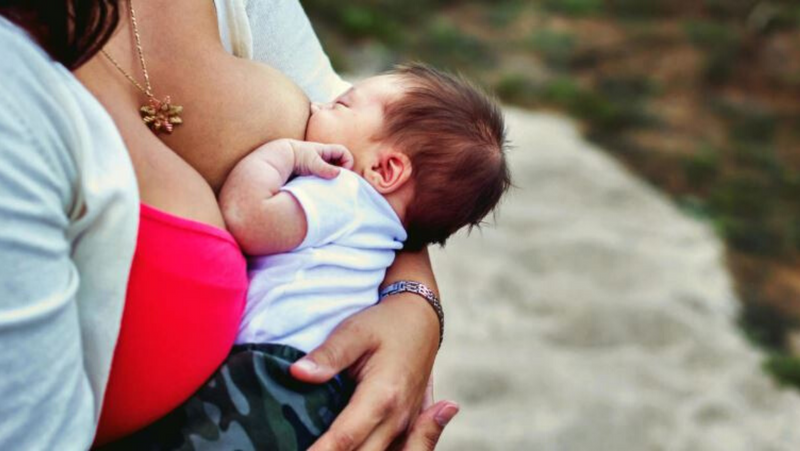DOES BREAST SIZE MATTER?
This is a question moms have asked for generations.
When it comes to making enough milk for your baby, the answer is a flat no. It has long been clear that moms with small breasts can make just as much milk as moms with large breasts. With the exception of moms who have insufficient glandular tissue, size just doesn't matter when it comes to the ability to make enough milk for a baby.
If you do have insufficient glandular tissue, we recommend a supplement with the herb goat's rue. Many moms find support using our More Milk Special Blend or single herb Goat's Rue products.
But when it comes to the way in which you feed your baby, something called “breast storage capacity” might matter after all. That's because women have different “breast storage capacities.”
STORAGE CAPACITY
Capacity is not related to breast size, but to the amount of milk-making tissue you have in your breasts. It means the amount of milk you're able to hold in your breasts when they are at their fullest. That amount can vary a lot from mom to mom.
BREAST FULLNESS
Fullness is the key way in which your body gets the message about how much milk to produce, and when your breasts are routinely too full, your body starts to slow down production. As Nancy Morhbacher puts it, “drained breasts make milk faster” and “full breasts make milk slower.”
So a mom with smaller breast storage capacity may find it necessary to feed more often than a mom with a larger storage capacity in order to maintain strong milk production, keep her baby well-fed, and avoid feeling uncomfortably full.
The good news is that, as long as you've established a full milk supply and you're feeding on cue, you don't have to think about this at all. By feeding on cue you put your baby in charge of your milk supply, and by nursing her when she wants to be fed, she'll keep your supply right where it should be. If you have a smaller storage capacity, she'll probably want to nurse more frequently, and your body will respond by making more milk.




